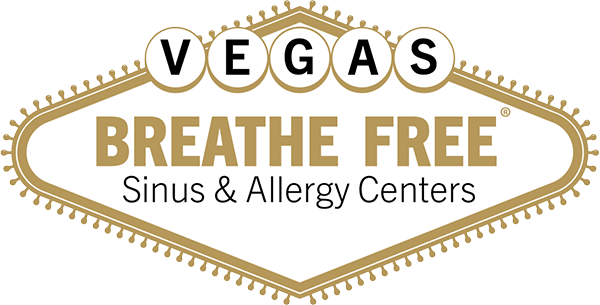Everyone has experienced a headache in their life. Some from dehydration, others from stress, some even just have chronic headaches. Some headaches are more than annoying, they can be debilitating to the people that have them, and some can even make people feel sick. These severe headaches are likely to be migraines. Yes, there can be relief; but what if what has worked to alleviate the pain in the past is no longer working? Drinking water, taking Tylenol, trying to sleep more but nothing seems to help. The feeling of pressure along with the lack of relief with traditional anti-headache methods can indicate a problem outside of the normal headache. It may be a sign of migraines or problems in the sinuses.
Similar Symptoms
Sinus headaches and migraines can feel similar, and people who haven’t experienced both may not even think of the possibility of having “one-or-the-other” and may resort to medication and techniques that helped them in the past, though it may not help if the headache is caused by something different than before. Sinus headaches and migraines are so similar, in fact, that (according to Mayo Clinic) a migraine is nearly always misdiagnosed as a sinus headache (by approximately 90 percent.) Migraines are described as the feeling of pressure over the forehead in the sinus area, while sinus headaches are associated with the feeling of pressure in the sinuses that causes the sensation of a headache.
The Differences
Though the two are very similar, they do have some key differences that can help a person distinguish what they are feeling. If a person has any of the following, they are more likely than not experiencing a sinus headache:
Fever
Discolored Mucus
Bad breath
It is not limited to these symptoms; however, these can be some of the most prominent. The only way to know whether or not it is a sinus headache or migraine is to visit a healthcare professional for a proper diagnosis.
How to Treat
Sinus headaches and migraines can be relieved with both long- and short-term options. The most common short-term option for sinus headaches is to try over the counter medications that help limit the amount of congestion [i.e., Musinex, Tylenol, and Sinex.] With migraines, people can try over the counter medications that can provide short term relief (some of which include Tylenol, Advil, and Excedrin.) To figure out what treatment would be best, a consultation with a doctor is imperative, especially when considering long-term options. In regard to the sinuses, there are some procedures, like sinus surgery or Balloon Sinuplasty, that can allow a person to clear up congestion by opening the sinuses and removing everything that has been built up over time. Getting rid of what is left in the sinuses can help prevent further sinus infections and diminish the feeling of fullness that causes migraine-like headaches. With migraine headaches, people can try different medications that are prescribed to them by their doctor that would target the source of their migraines. There are also alternative methods (like acupuncture, massage, and electrical stimulation of nerves) that people would prefer to try instead of the prescribed medication. Whatever a person chooses, the main goal is always to find a form of relief that best suits their needs.
Headaches can be annoying for some and excruciating for others. Regardless of the severity, it is always important to find relief. Steps can be taken to achieve that. The first step is to take note of symptoms and visit a healthcare professional to determine what kind of headache is prevalent to find the best course of action in terms of treatment. It’s time to get a clear head and move forward.





